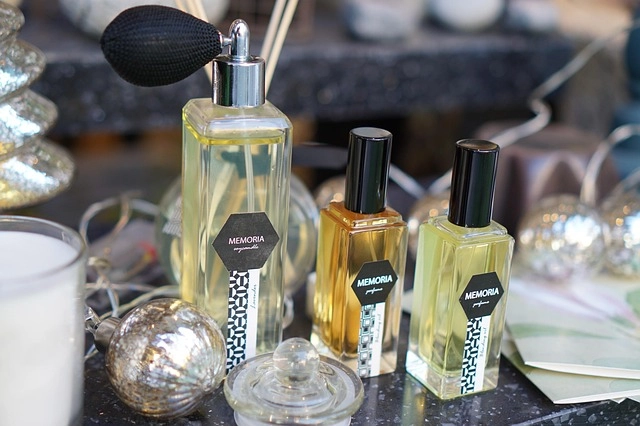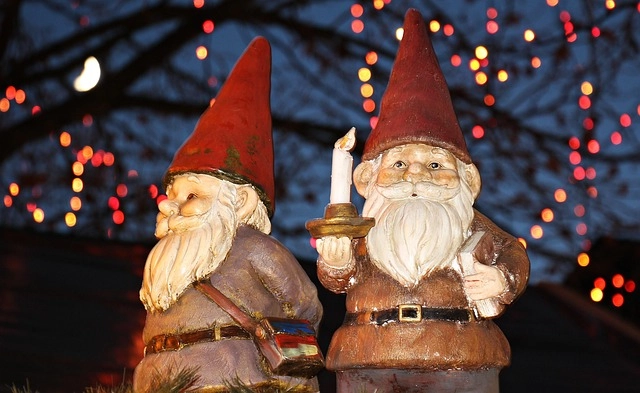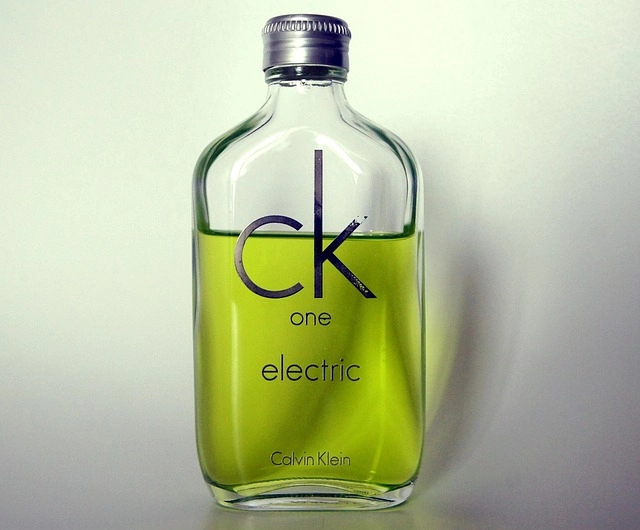Estée Lauder Perfume challenges traditional gendered scent marketing with iconic fragrances like Classic, appealing to diverse audiences and reflecting contemporary societal attitudes of fluidity and individuality. The industry is evolving towards inclusivity, moving beyond established gender norms, as consumers advocate for neutral representations in perfumes.
“Unveiling the essence of gender norms in fragrance, this article delves into the intriguing question: does a scent inherently lean masculine or feminine, or can it truly be neutral? Exploring the perception and reality behind popular choices like Estée Lauder’s iconic perfumes, we navigate the aromatic landscape. By examining historical and cultural influences, synthetic versus natural ingredients, and brand marketing strategies, we uncover whether a fragrance can transcend stereotypes and embrace true neutrality.”

The concept of gendered scents has been a long-standing tradition in the perfume industry, with fragrances often marketed and perceived as distinctly masculine or feminine. However, when we talk about iconic perfumes like Estee Lauder’s Classic, the lines blur. This fragrance defies stereotypes, appealing to a diverse range of wearers across genders. The scent’s elegant and sophisticated notes of rose, jasmine, and musk create an enchanting aroma that transcends traditional gender norms.
Estee Lauder Perfume, with its timeless appeal, serves as a perfect example of a neutral scent that can be embraced by anyone. By challenging the status quo, it encourages individuals to move beyond the binary of masculine and feminine fragrances, embracing a more inclusive and diverse fragrance landscape. This shift reflects contemporary societal attitudes towards gender expression, where fluidity and individuality are celebrated.
API responded with status code 504.

The concept of gendered scents has long been a topic of debate, with many arguing that perfumes should be free from stereotypical associations. When it comes to popular fragrances like Estée Lauder’s iconic Perfumes, the discussion becomes more nuanced. Initially, marketing strategies for such fragrances might have leaned towards a particular gender, but modern consumers are increasingly demanding neutral and inclusive representations.
A 504 Gateway Timeout error, often encountered with APIs, metaphorically illustrates the current state of this debate. It suggests a delay or blockage in accessing the desired content, reflecting the societal barriers that still prevent a truly neutral perception of scents. However, with growing awareness and acceptance of diverse identities, the fragrance industry is evolving to cater to all, moving beyond traditional gendered norms.






